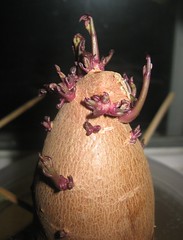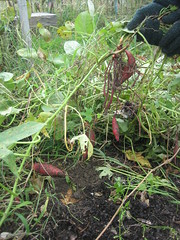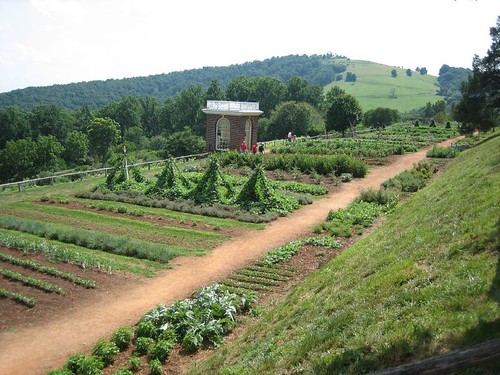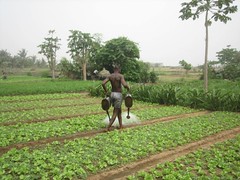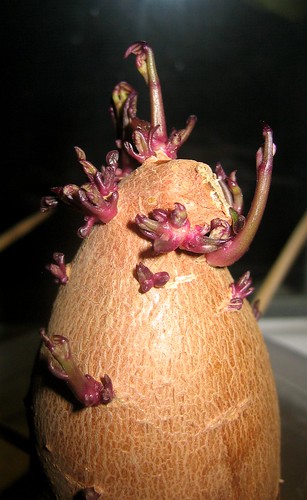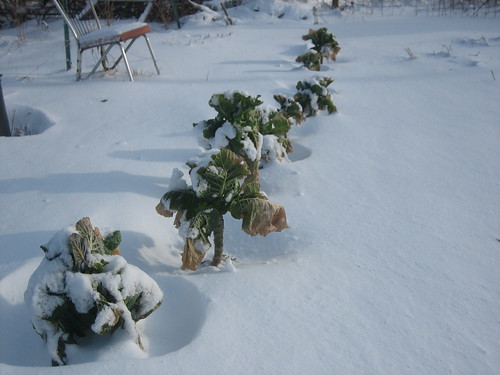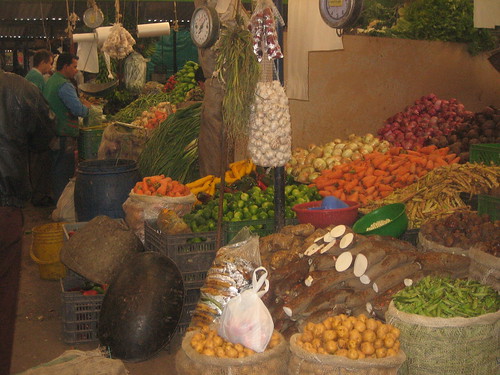All,
Finding a master's program in international development that incorporates the different components of the development process is almost impossible. Most programs tend to focus on specific areas such as economics or human rights, while neglecting others equally or more important components such as agriculture and public health.
This is why when we learn about the MacArthur-funded International Commission on Education for Sustainable Development Practice effort to develop a postgraduate curriculum that tackles the multisectoral and interconnectedness nature of development, this blog celebrated big time the effort.
Now the foundation has announced that new universities will be joining Columbia University in offering a Master's in Development Practice (MDP) program.
Keep reading for more info...
Chicago, IL, June 30, 2009 – Supporting rigorous professional training for future leaders in the field of sustainable development, the John D. and Catherine T. MacArthur Foundation announced today grants totaling $7.6 million to nine universities in seven countries to establish new Master's in Development Practice (MDP) programs.
The Foundation has committed $15 million to seed the creation of such programs at up to 15 universities worldwide over the next three years. With MacArthur support, Columbia University is creating the first MDP Program, which will launch this fall.
MDP programs are designed to provide graduate students with training beyond the typical focus on classroom study of economics and management found in most development studies. The program's core curriculum combines classroom study in a range of disciplines, including agriculture, policy, health, engineering, management, environmental science, education, and nutrition with field training experiences.
"Through our work around the globe, we at MacArthur understand that poverty, population, health, conservation, and human rights are all interconnected, requiring sustained and comprehensive interventions," said Foundation President Jonathan Fanton. "These new programs are a model for training the next generation of these critically needed professionals."
A Global Master's in Development Practice Secretariat, supported by MacArthur and based at Columbia University's Earth Institute, will help manage the MDP network of universities, develop an open-source repository for the MDP curriculum and other teaching materials, and will offer an online, Global Classroom on sustainable development for students worldwide.
The universities that will receive funding to establish the nine MDP programs are:
·
Emory University (Atlanta, Georgia) will emphasize the health and governance-related aspects of sustainable development through its work with partners that include the U.S. Centers for Disease Control and Prevention, CARE and the Carter Center.
·
The Energy Resources Institute University (New Delhi, India) will emphasize energy and climate sciences, building on its contributions to scientific and policy research in energy, environment, and sustainable development.
· James Cook University (Cairns and Townsville, Australia) will offer coursework at its two campuses and field training in the Philippines and Indonesia, focusing on the challenges to sustainable development and governance in tropical island nations in Southeast Asia and the Pacific.
·
Trinity College Dublin and University College Dublin (Dublin, Ireland) will integrate their teaching in international development and also partner with the National University of Rwanda to offer field training and coursework in conservation and sustainable development.
·
Tsinghua University (Beijing, China) will build on its English-language degrees and Master's programs in international development and public administration to focus on development models for China.
·
University of Cheikh Anta Diop (Dakar, Senegal) will focus on current development challenges facing Africa by integrating health, social and natural sciences, engineering, information technology, and management. It will also serve as a MDP program hub for French-speaking West African nations.
·
University of Botswana (Gaborone, Botswana) will create a modular program designed for working professionals. Rigorous independent study will be complemented by two to three weeks of on campus training each semester. University of Botswana will partner with University of Florida to offer field training experiences in Botswana.
·
University of Florida (Gainesville, Fla.) will implement a program that includes the core curriculum, building on University of Florida's expertise in conservation and sustainable development, especially in Latin America. The program also incorporates faculty and student exchanges and a field-training program in Botswana, in partnership with University of Botswana.
·
University of Ibadan (Ibadan, Nigeria) will build on existing graduate programs in health, science, and natural resources with the long-term goal of creating a Centre for Development Studies. It will also serve as a MDP program hub for English-speaking West African nations.
The universities are expected to produce 250 graduates with a Master's in Development Practice degree by 2012, with a total of 750 students enrolled. They were selected based on five criteria, including support from top university leadership, excellent infrastructure and academic programs, and the ability to serve as regional hub; geographic representation among students and exceptional faculty across the four core competencies of the natural, health, and social sciences and management; and a timeline and business plan for financial sustainability when funding ends in three years. In 2010, MacArthur will fund up to five additional universities to create additional MDP programs.
The creation of the Master's in Development Practice Program was a key recommendation of the International Commission on Education for Sustainable Development Practice, whose report was released in October 2008. Established in 2007, the year-long Commission was co-chaired by John McArthur, Chief Executive Officer of Millennium Promise, and Jeffrey Sachs, Director of the Earth Institute at Columbia University, and comprised of 20 top thinkers in the field of sustainable development from around the world.
The MacArthur Foundation supports creative people and effective institutions committed to building a more just, verdant, and peaceful world. In addition to the MacArthur Fellows, the Foundation works to defend human rights, advance global conservation and security, make cities better places, and understand how technology is changing children and society. More information is available at
www.macfound.org.




